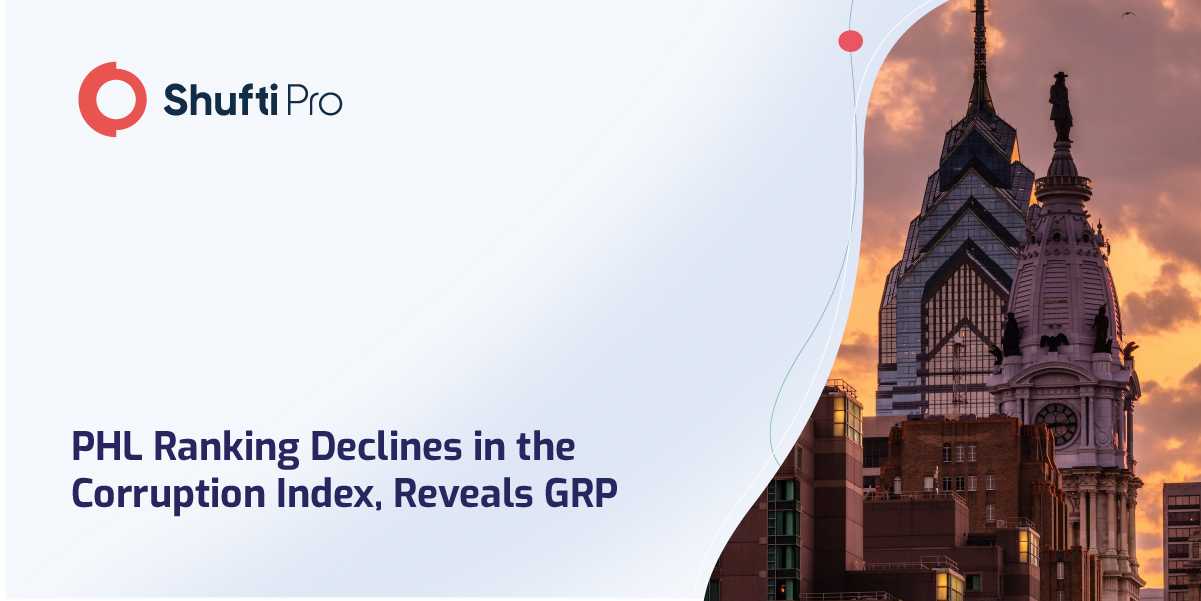PHL Ranking Declines in the Corruption Index, Reveals GRP

According to the Global Risk Profile (GRP), the ranking of the Philippines in the corruption index has slipped three places, showing that the country has a “medium’’ level of risk for corruption.
The Philippines placed 105th out of 196 nations and territories in the Global Corruption Index 2022. The Philippines held the 102nd position in 2021. The Philippines was rated as having a “medium” level of corruption risk in the current year’s report. Its overall risk score was 47.95, a bit higher than the previous year’s 46.96.
The Philippines lagged behind Singapore, Malaysia, Brunei, Indonesia, and Thailand among Southeast Asian countries. The country was ahead of Timor-Leste, Vietnam, Laos, Cambodia, and Myanmar.
Cheloy Velicaria-Garafil currently heads the Office of the Press Secretary did not immediately respond to the report.
The country’s standing in an economic freedom index also dropped, which analysts said showed how poorly domestic institutions were able to stop political corruption as well as other illegal activity.
According to the GRP, the pandemic’s rapid lending and credit openings “triggered new opportunities for corruption, bribery, falsification of submissions and embezzlement of public funds, therefore draining new resources.” It stated that Europe witnessed a slight drop this year “may be due to the introduction of 2020-2021 facilitated loans.”
According to political economy professor, Halsey A. Juliano the Philippines is inclined to massive corruption during disasters or emergencies. “Development aid from funders like International Monetary Fund, World Bank, Asian Development Bank and JICA required long-term efforts at imposing accountability structures to make sure money goes where it should,” he noted.
“At the same time, joint government efforts can and have been used by local political clans as ‘patronage gifts,” Mr. Juliano stated, citing politicians’ fondness for inscribing their images on the bags of supplies given during disasters.
Politics professor at the University of the Philippines, Maria Ela L. Atienza, said that the former administration was somewhat to blame for the nation’s most recent rating. “There were high-profile cases of anomalies in government transactions and procurements during the pandemic,” she said.
“The high-profile Pharmally investigations and the fact that the Senate did not endorse filing of cases against possible people involved because President Duterte might be investigated also showed the lack of political will on the part of officials to deal with possible cases of corruption,” Ms. Atienza said. She also stated that promoting human rights is crucial to reducing corruption.
Suggested Read: US Task Force Seizes Another Superyacht in the Battle Against Russian Oligarchs’ Corruption











